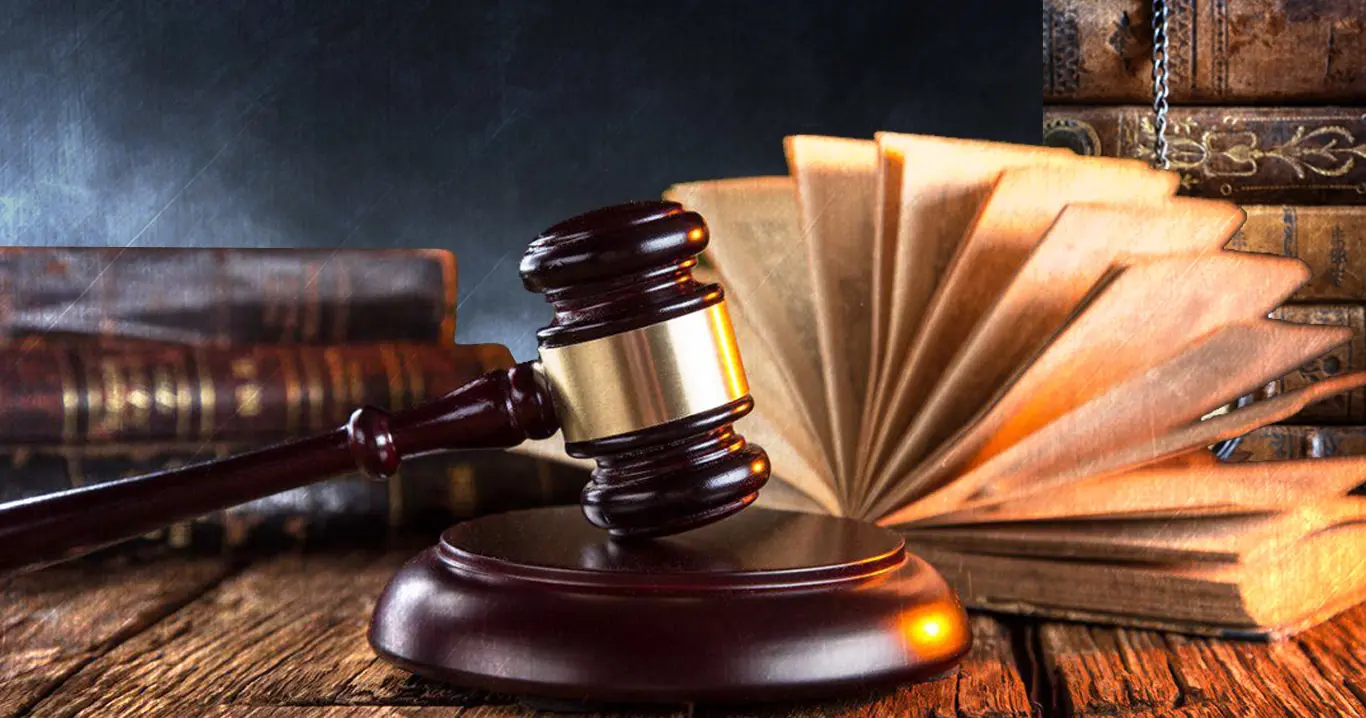Criminal Law
Introduction:
Criminal law is a crucial branch of the legal system that deals with crimes and their consequences. This article aims to provide a comprehensive overview of criminal law, exploring various aspects such as crimes, criminal penalties, offenses, criminal responsibility, investigation, evidence, and the criminal justice system.
1. Crimes: Understanding Illegal Behavior
Crimes encompass a wide range of illegal actions that are deemed harmful to individuals or society as a whole. They include offenses like theft, assault, murder, fraud, drug-related crimes, and more. Let's explore some key categories of crimes in detail.
1.1 Violent Crimes: The Threat of Physical Harm
Violent crimes involve acts that cause physical harm or involve the threat of violence. Examples include assault, robbery, homicide, and domestic violence. Understanding the nature of violent crimes is crucial for maintaining public safety and seeking justice for victims.
1.2 Economic Crimes: Unveiling Financially Motivated Offenses
Economic crimes involve illegal activities driven by financial gain, such as fraud, embezzlement, money laundering, or insider trading. These offenses undermine the integrity of financial systems and harm both individuals and institutions.
1.3 Sexual Crimes: Addressing Offenses of a Sexual Nature
Sexual crimes encompass offenses of a sexual nature, including rape, sexual assault, child exploitation, and sexual harassment. These crimes have severe emotional and physical impacts on the victims, necessitating stringent legal measures for prevention and justice.
1.4 Transnational Crimes: Crossing Borders in Criminal Activities
Transnational crimes occur across national borders or involve criminal activities conducted by individuals or groups from different countries. Examples include human trafficking, drug smuggling, and organized crime. International cooperation is crucial for combating these offenses effectively.
2. Criminal Penalties: Understanding Consequences
Criminal penalties are the legal consequences imposed on individuals convicted of crimes. They can range from fines and probation to imprisonment and, in some jurisdictions, capital punishment. The severity of penalties varies based on the gravity of the offense and applicable laws.
3. Offenses and Criminal Liability: Key Concepts
An offense, also known as an actus reus, refers to the wrongful act committed by an individual that violates the law. Establishing criminal liability involves proving the accused's intent or mental state necessary to commit the offense. This crucial aspect plays a significant role in determining guilt and punishment.
4. Criminal Investigation: Uncovering the Truth
Criminal investigation involves the process of gathering evidence and conducting inquiries to uncover facts related to a crime. It encompasses activities like collecting physical evidence, interviewing witnesses, and analyzing forensic data. Thorough investigations are essential for building strong cases and ensuring justice.
5. Criminal Evidence: Building a Convincing Case
Criminal evidence includes information, materials, or facts presented in a court of law to prove or disprove a defendant's guilt. It encompasses various forms such as witness testimonies, documents, DNA samples, surveillance footage, and other types of proof. Strong evidence plays a pivotal role in determining trial outcomes.
6. The Criminal Justice System: Upholding Fairness and Order
The criminal justice system comprises a network of institutions and procedures responsible for maintaining order, deterring crime, and administering justice. It involves law enforcement agencies, prosecution offices, courts, and correctional facilities. The system aims to ensure fairness, protect individual rights, and maintain social order.
7. Rehabilitation and Reintegration: Addressing Offenders' Needs
In addition to punishment, rehabilitation programs within the criminal justice system focus on reforming offenders and facilitating their successful reintegration into society. These programs provide education, counseling, and skills training to reduce recidivism rates and promote positive change.
Conclusion:
Criminal law encompasses a broad range of topics and plays a crucial role in maintaining social order and ensuring justice. Understanding the key concepts, different categories of crimes, criminal penalties, investigation procedures, and the overall criminal justice system provides insights into the complexities of this field. By promoting awareness and addressing criminal issues effectively, societies can strive for a safer and more just future.



